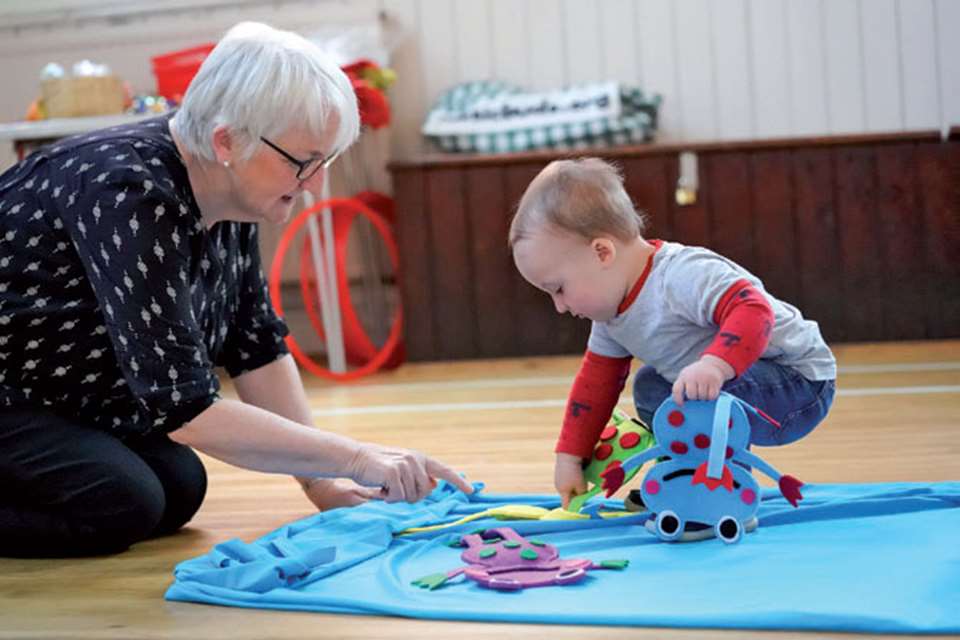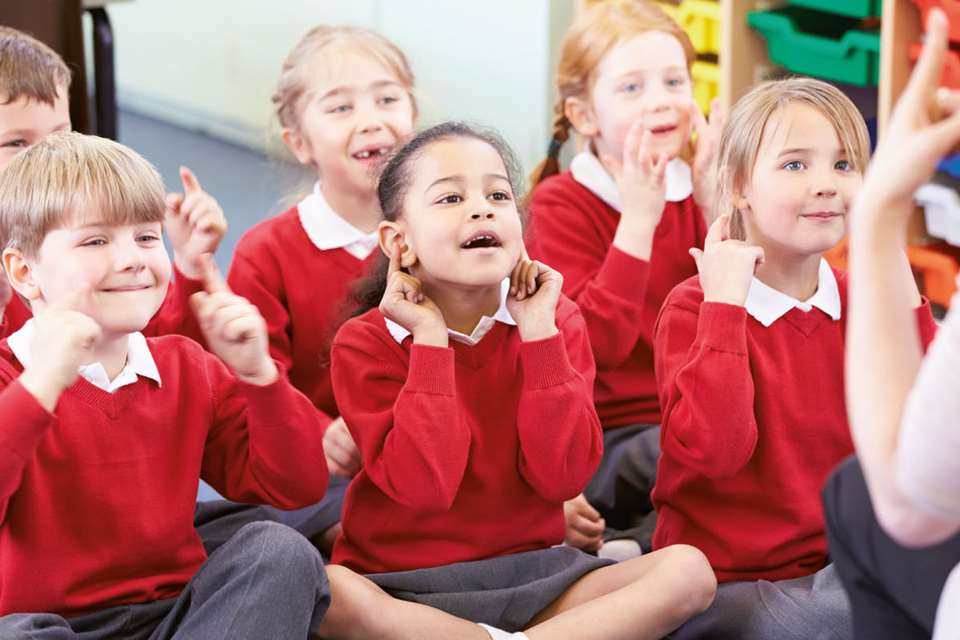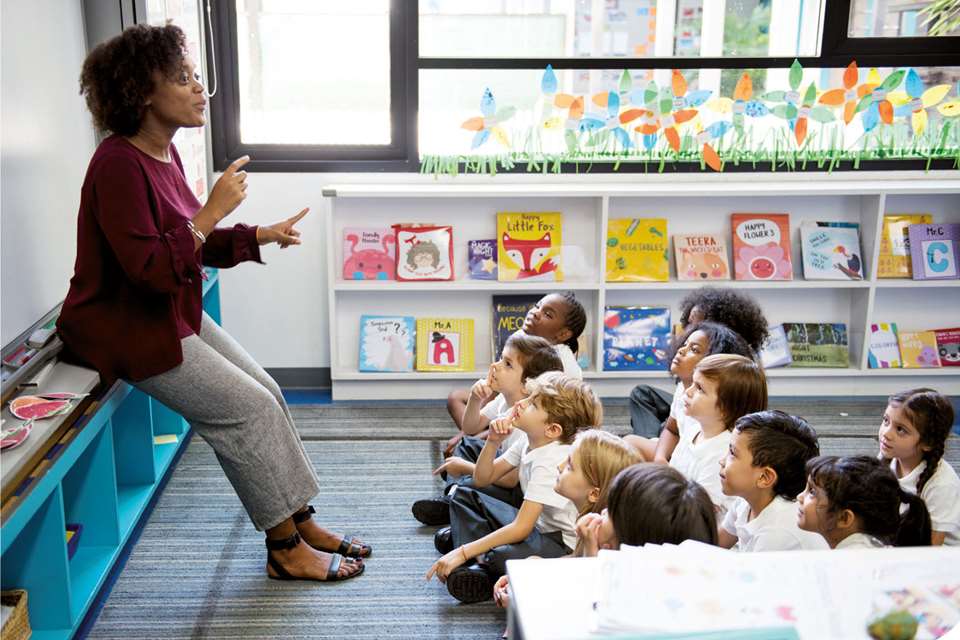Out with the old: An update from the British Kodály Academy
Clare Stevens
Wednesday, June 1, 2022
Having embraced online learning during the pandemic, the British Kodály Academy is making some permanent changes and challenging the view that the teaching method is ‘old fashioned’. Clare Stevens finds out more from BKA's Lucinda Geoghegan and Sally Edwards.
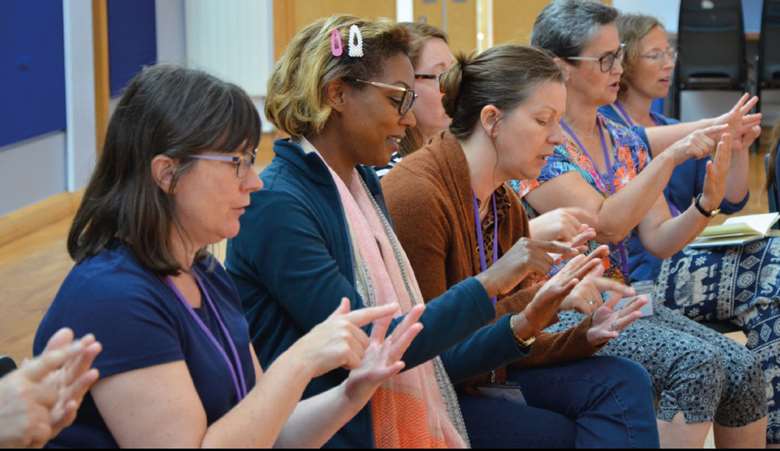
British Kodály Academy
Music should belong to everyone,’ said the Hungarian composer, ethnomusicologist, philosopher and educationalist Zoltán Kodály; and the foundation of all music, he believed, was singing. So, the past two years of Covid-related restrictions – when gathering in person to share musical experiences was difficult and singing together was seen as the riskiest activity of all – have been hard to endure for the many teachers, music leaders and ambassadors who continue to promote his work 55 years after his death.
But the British Kodály Academy (BKA) has made very good use of this time, as Lucinda Geoghegan, who chairs its education planning board, explains: ‘Of course we all missed singing, but the situation forced us to be creative and start doing our education work online, to keep offering the training we provide, so it was a case of just jumping in and hoping for the best.’ She continues: ‘Much to our surprise, it was a huge success. We really didn't think people would want to sign up for things online, but the certificate course has been so successful online that we realised that we should probably have been doing this for years.’
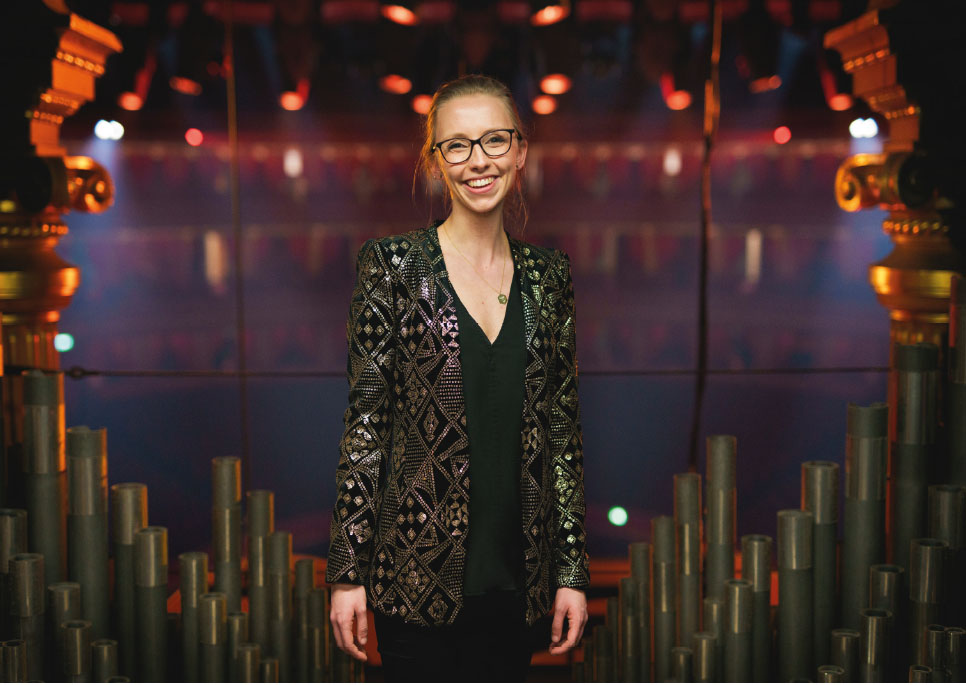
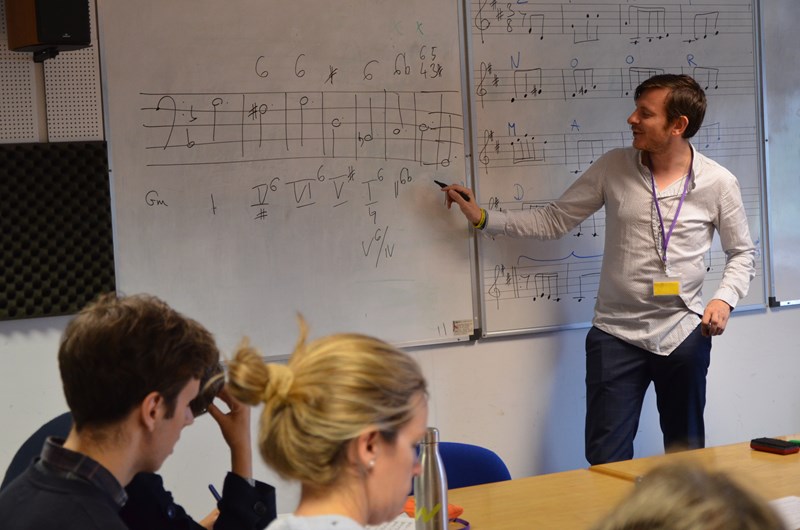
Complementing the MMC
BKA currently offers a Kodály Foundation Level Certificate, aimed at those who have little or no previous musical training or who are completely new to Kodály-inspired music education; and the British Kodály Certificate of Professional Practice in the Kodály Concept of Musical Education. There are also courses for both specialist and non-specialist teachers to support the Model Music Curriculum (MMC) in England.
So, how does the Kodály concept complement the MMC? Very well, says Geoghegan. ‘The concept of progression, from simple to complex musical principles, has really been taken on board here; it's got Kodály written all over it.’ While this is a familiar idea in Geoghegan's native Scotland because of her work with the National Youth Choir of Scotland, she admits that it is a new concept for some practitioners in England, who can be resistant to its focus on notation and music-reading. ‘For me, it's a fundamental right for children to be introduced to music literacy, and if it's done in the Kodály way, it's no big mystery, it really isn't.
‘We're working really hard to change the attitude that the Kodály approach is old fashioned; we're encouraging music education hubs to sign up for training with us because that's the best way of reaching a lot of schools, and there has been a very good response.’

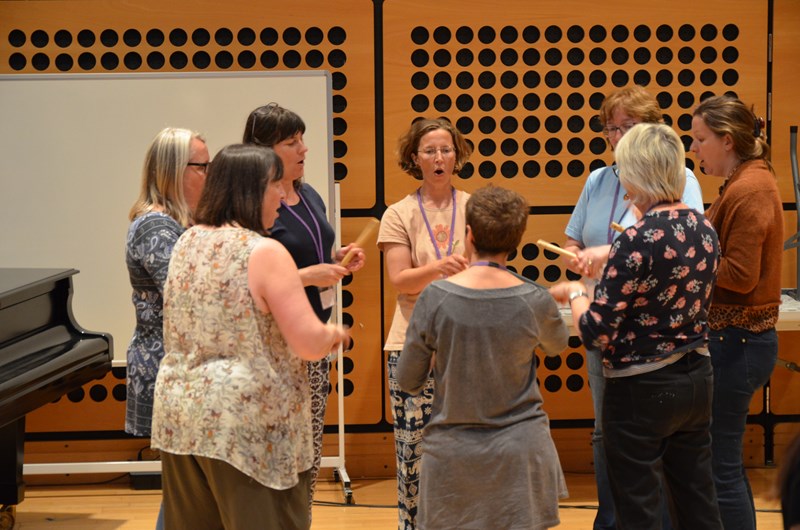
Modular approach
BKA teaches a wide variety of settings, mainly in the UK but also internationally. The online facility has enabled the organisation to be much more flexible in adapting to different people's schedules and to involve an international roster of experts.
They are working particularly closely with Dr James Cuskelly OAM and the Kodály Music Education Institute of Australia, says Geoghegan: ‘The certification is comparable; a lot of Australians were signing up for our course, and people in Malaysia who had done a bit of the Australian certification were asking if it was compatible with ours, so it was a no-brainer – we decided to make them compatible. We've also taken the opportunity to make our courses modular, so people can dip in to wherever suits them timewise. It's great to work with people from all over the world.’
The pandemic hastened a move to modular courses, which Geoghegan had been advocating for some time, says BKA trustee Sally Edwards. ‘It has worked brilliantly for the past two years. People can choose what they want to study and pay as they go and that has made a huge difference to the take-up.’
Changes this summer
Even BKA's flagship Summer School worked surprisingly well online, but the Academy is looking forward to holding this year's event in person at the University of Nottingham, from 8 to 13 August. The schedule will include familiar elements such as daily musicianship classes, methodology, choir, choral conducting, English folk music, and optional one-to-one lessons in vocal technique. Evening discussion topics will include musical theatre, Dalcroze musicianship and gender issues in vocal and choral teaching. Guest tutors will include László Norbert Nemes from Hungary, Allan Hubert-Wright from France, and Dr James Cuskelly; and the jazz musician and composer Pete Churchill will be in residence for the week, leading jazz choir sessions for everyone and jazz musicianship classes for those who are suitably experienced.
‘The introduction of jazz is a break from tradition,’ admits Geoghegan, ‘but Kodály said that only the best is good enough, and they don't come much better in his field than Pete Churchill. It's just incorporating a different style.’
Another big decision, she adds, has been not to teach the accredited course at the Summer School, but to keep it as an online activity. ‘People have given us feedback that learning week by week online over time, putting what they have learned into practice between the sessions, is the best way to learn.’
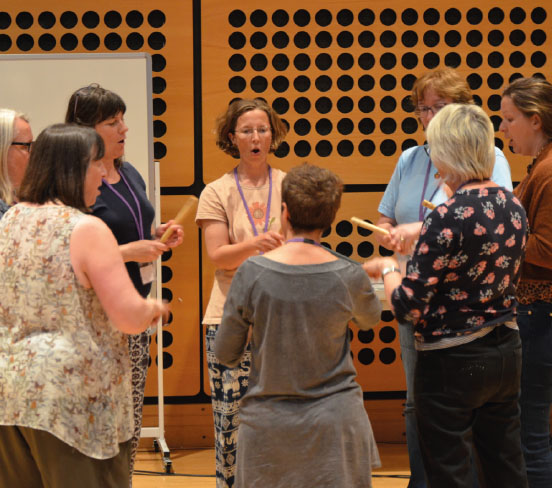
There is also an awareness that after the last two years, people will want to let their hair down, be inspired and get away from computer screens, so the focus will be on activities that don't work online, such as singing together, singing games and conducting. The latter is offered at three levels, explains Edwards, using Summer School delegates as guinea pig choirs. ‘There is a strand for complete beginners with Alan Murdock, and Esther Hargittai will do some work around primary age, including repertoire and score preparation. James Cuskelly will focus on secondary and community choirs and will run our final session, probably using material by the fabulous Australian folk singer and composer Fay White.’
‘It will have a different feel from our previous Summer Schools for certificate students who used to have sleepless nights about assessments,’ says Geoghegan. ‘We might come back and tell you, “well, that didn't work” – but I think it will. Summer School will be a place of joy – singing together, playing games together, with no pressure of assessments. People can just come and enjoy and learn.’
One of BKA's biggest investments of time and money over the past two years has been the development of a new website, driven by a new generation of practitioners who understand the need for an up-to-date and engaging virtual shop window. Whether you are working in a school, with a music education hub or as an independent music leader, in the UK or on the other side of the world, the site will enable you to explore the resources of BKA and find out what support and training it can offer.


